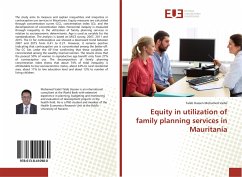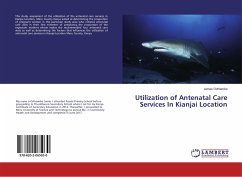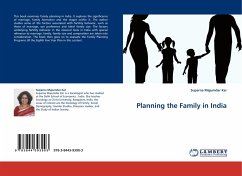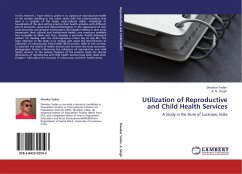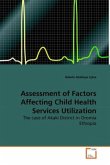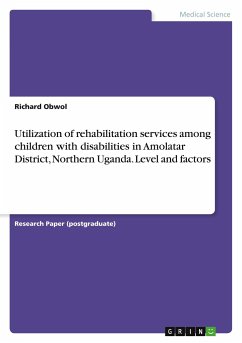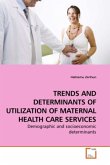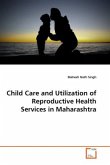The study aims to measure and explain inequalities and inequities in contraceptive use services in Mauritania. Equity measures are calculated through concentration curves (CC), concentration index (CI), and the decomposition of concentration index. Horizontal inequity is measured through inequality in the utilization of family planning services in relation to socioeconomic determinants. Age is used as variable for the standardization. The analysis is based on MICS survay, 2007, 2011 and 2015. The CI for contraceptive use showed a downward trend between 2007 and 2015 from 0.41 to 0.27. However, it remains positive indicating that contraceptive use is concentrated among the better-off. The CC lies under the 45°-line confirming that these variables are concentrated among the wealthy married women. The results show that the poorest 50% of women in reproductive age benefit only from 27% of contraceptive use. The decomposition of family planning concentration index shows that about 74%of total inequality is attributable to low socioeconomic status, about 24% to rural residential area, about 11% to low education level and about 12% to number of living children.

